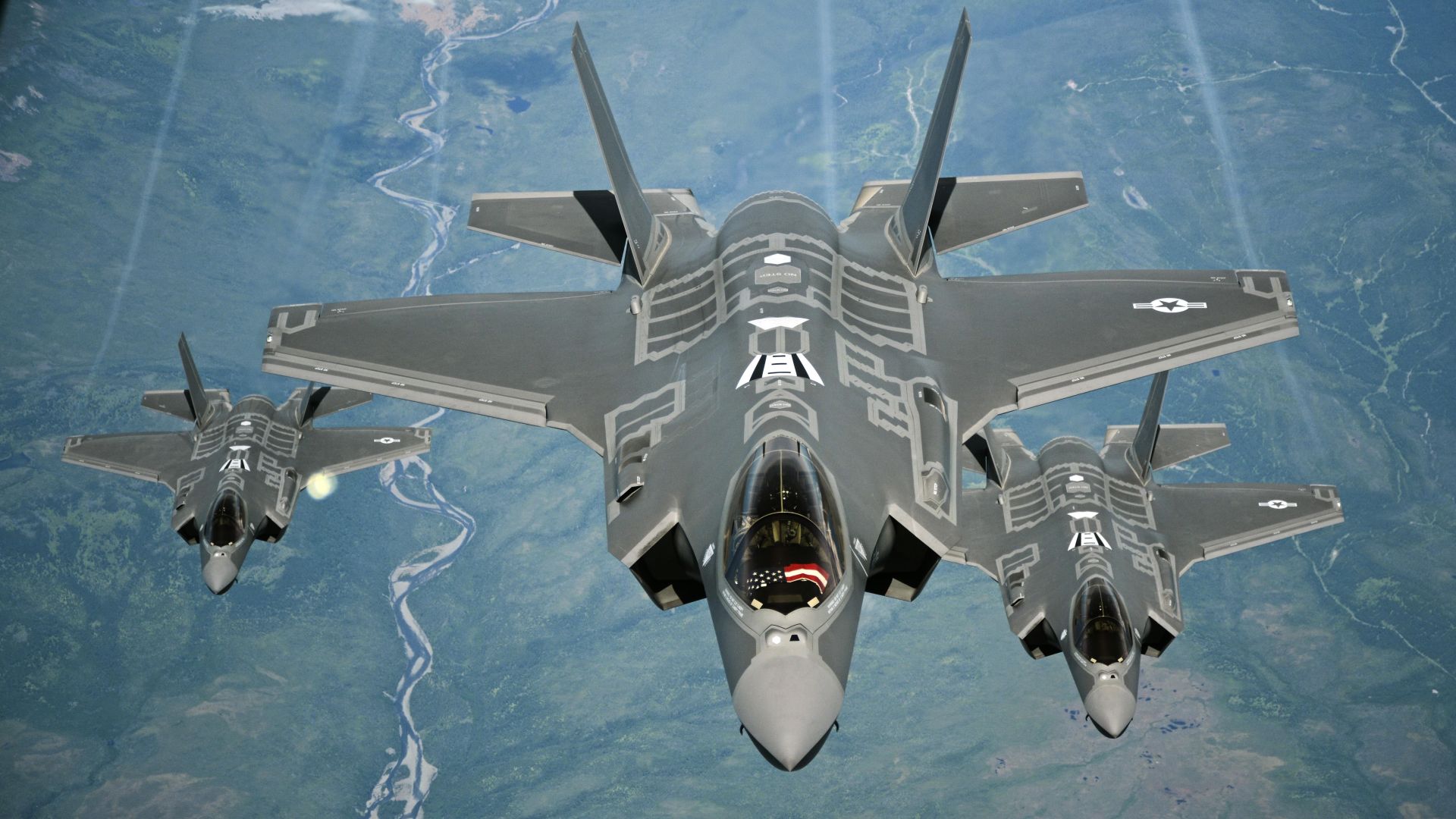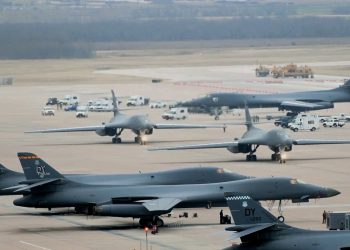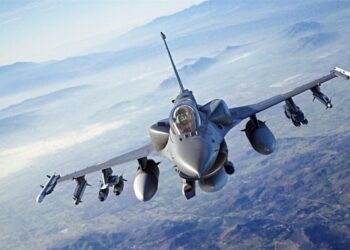Israel will receive its initial two F-35s on December 12 and will be the first country to operate a squadron of the futuristic warplanes outside the US, an official said Tuesday.
Israel has an initial order of 33 of the fighter jets made by US-based Lockheed Martin that will be delivered in the coming years, an air force official told reporters.
The country’s security cabinet on Sunday approved an additional 17 planes, whose advanced stealth capabilities are expected to help pilots evade sophisticated missile systems.
Israel is buying the first 33 jets at an average price of about $110 million (103.5 million euros) each. It receives more than $3 billion per year in US military aid.
The first planes are expected to be operational within a year of their arrival, said the official, who spoke to reporters on condition that his full name not be used.
A list of countries have ordered the planes, but Israel will be the first with an operational squadron outside the United States, the official said.
“I’m sure the world is looking to see how the airplane is going to be operated here,” he said.
The US Air Force in August declared an initial squadron of F-35s as ready for combat.
Air Force officials did not give a timeline of when the squadron might see combat, but said an overseas deployment is likely by early 2017.
US officials and industry executives insist the single-pilot plane promises to become the ultimate stealth fighter jet, able to evade enemy radar while flying at supersonic speeds.
But the years-long development of the plane has been hit by flaws, cost overruns and delays.
Canada had ordered 65 F-35s in 2010, but Prime Minister Justin Trudeau scrapped the deal because of sky-rocketing costs.
In Israel, the planes will initially replace a group of ageing F-16s.
Israeli company Elbit Systems is taking part in the manufacture of hi-tech helmets for F-35 pilots, and state-owned Israel Military Industries manufactures aircraft parts.
The jets are to arrive at the country’s Nevatim air base in southern Israel.
Israel is keen to maintain military dominance in the Middle East, particularly as its enemy Iran seeks to gain influence in the region.
The Jewish state is particularly concerned over whether Iran will seek to develop nuclear weapons by violating the international accord aimed at preventing it.
Israel is believed to have the Middle East’s sole, if undeclared, nuclear arsenal.










